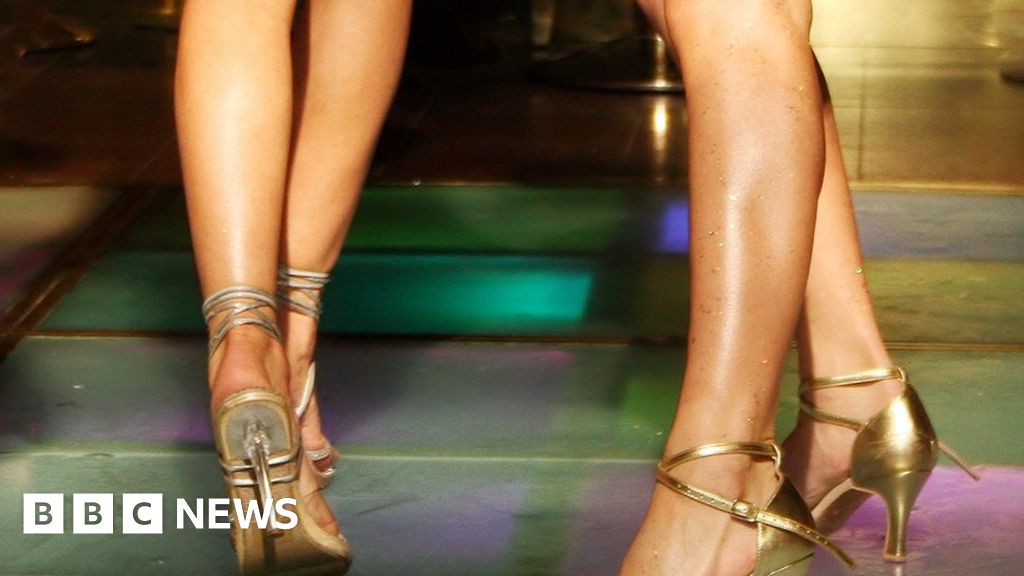Entertainment
Glasgow awards licences to lap-dancing clubs – BBC News

Image source, Getty Images
Glasgow City Council has awarded licences to lap-dancing clubs for the first time, allowing the city’s three venues to remain open.
It ruled in March that no new clubs could open, but existing venues would have “grandfather rights” to apply for sexual entertainment venue status.
Seventh Heaven, Diamond Dolls and Platinum Lace were each granted three-year licences.
Glasgow Violence Against Women Partnership had urged the licensing committee to reject the applications.
The partnership’s Kirsti Hay said the venues contributed to sustaining gender inequality, objectifying women and “predatory behaviour within our society”.
She said Glasgow risked becoming Scotland’s sex capital and “a city for stags, sex tourism and sex entertainment”.
But Megara Furie, secretary of the GMB union’s Adult Entertainment Branch, said the council’s decision was a “brilliant day for the workers who campaigned for the future of their workplaces and their livelihoods”.
She told BBC Radio Scotland’s Drivetime programme: “The women working in strip clubs are doing so through choice and there is a process to become a dancer.
“It is not as if you can just walk in off the street. There is an interview process, auditions and things like that so it is not as simple as women being cattled in and made to dance for boys – it’s just not like that at all.
“There is CCTV covering every square inch of the clubs and the safety of workers is put first”.
Edinburgh’s four lap-dancing venues are expected to close in April 2023 after the city’s licensing board voted for the ban, with the union saying it will take City of Edinburgh Council to court.
Councillor Alex Wilson, who chairs Glasgow’s licensing committee, said: “We’re not Edinburgh, we have explored this to a greater detail. They made their own decisions based on whatever evidence sessions they held.
“I like to think that we are pragmatic and we listen to people out there.”
Mr Wilson said Glasgow’s consultation had included the Violence Against Women Partnership, the GMB sex workers’ union, dancers, club owners and lawyers.
He said residents, Police Scotland and other women’s groups had not objected.
Powers to licence sexual entertainment venues were given to councils by the Scottish government in 2019.
Under the new scheme clubs have to abide by conditions set out by the council.
These include ensuring signage is discreet and performers are “always appropriately clothed” outside the venue.
Codes of conduct for customers are required, dancers must have secure changing facilities and private booths “must not be fully enclosed”.
All performers need to provide identification, such as a passport, before working at the venue and CCTV must be in use.
Sexual entertainment venues will have to reapply for licences at the end of the three-year period.
From Local Democracy Reporter Drew Sandelands.



